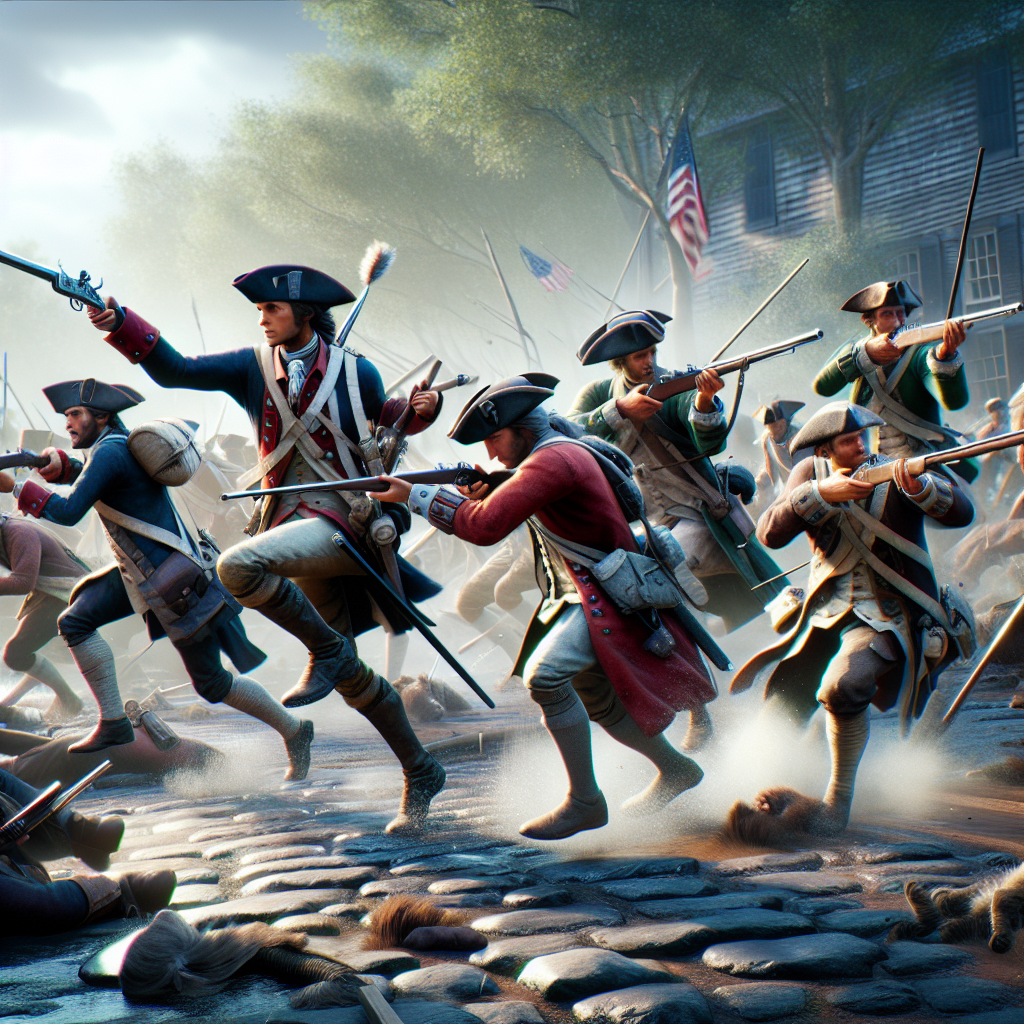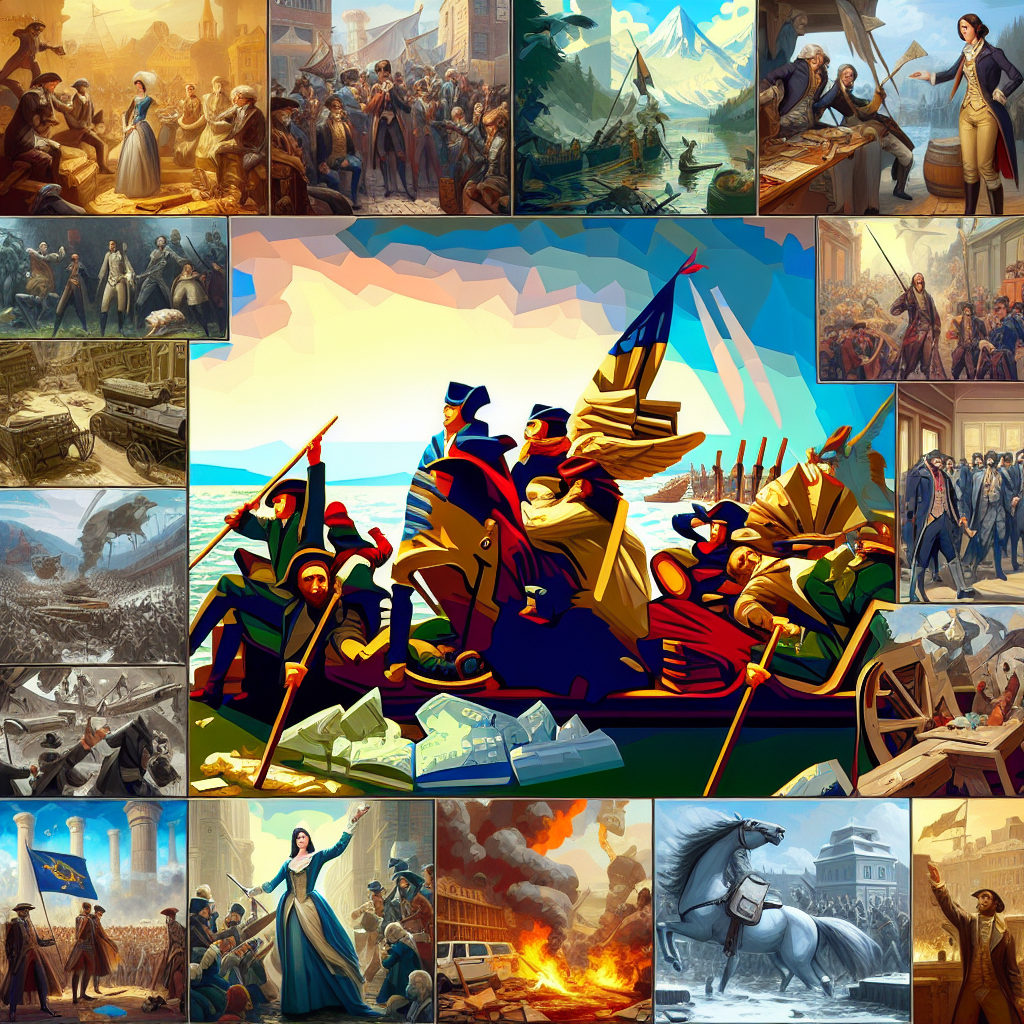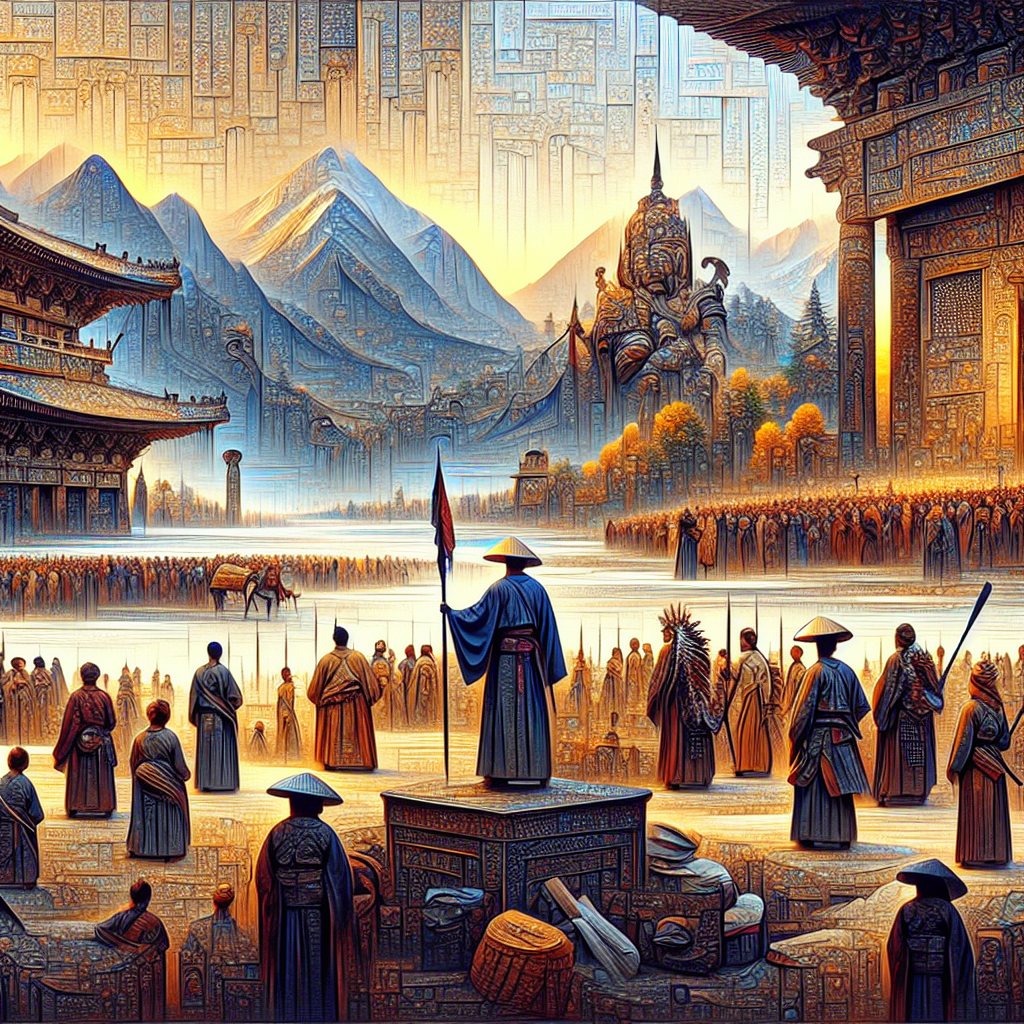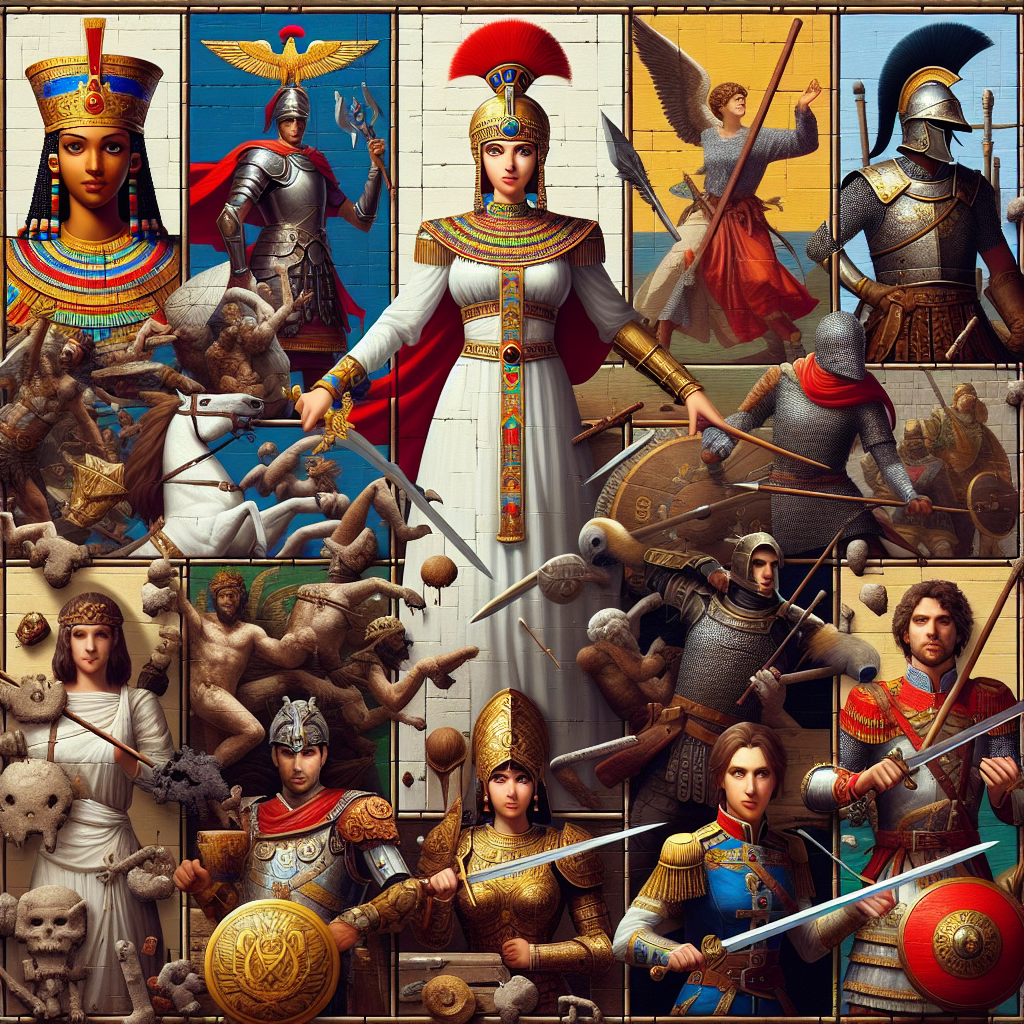In recent years, the gaming industry has seen a surge in titles focusing on historical events, particularly revolutions. These games depicting historical revolutions not only entertain but also educate players about significant moments in history. By immersing players in these turbulent times, developers provide a unique lens through which we can explore the complexities of social upheaval and change.
Understanding the Appeal of Historical Revolutions in Gaming
Games depicting historical revolutions allow players to experience pivotal moments in history firsthand. This interactive storytelling method engages players more deeply than traditional media, making them active participants in the narrative. Gamers can embody historical figures, make critical decisions, and witness the consequences of their actions in a way that textbooks cannot replicate. This immersive experience often sparks interest in the real-life events behind the game.
Moreover, these games often blend historical facts with fictional elements, creating a narrative that is both engaging and informative. Players might find themselves strategizing as a revolutionary leader or navigating the moral dilemmas faced by individuals during these tumultuous periods. This blend helps to humanize historical events, making them relatable and relevant to contemporary audiences.

Notable Examples of Games Depicting Historical Revolutions
Several games stand out in their portrayal of historical revolutions. For instance, “Assassin’s Creed III” transports players to the American Revolution, allowing them to explore the conflict from various perspectives. The game intricately weaves real historical figures and events into its narrative, providing players with a compelling experience that encourages them to learn more about the era.
Similarly, “Revolutionary War: 1776” offers a tactical approach to the American Revolution, emphasizing strategy and decision-making. By placing players in command of armies, it highlights the challenges and complexities of warfare during this period. Such games depict historical revolutions as not just battles but also as social movements that shaped nations.
Another noteworthy title is “Valiant Hearts: The Great War,” which, while focused on World War I, explores the revolutionary spirit of the time. The game’s narrative emphasizes the human experience during war, showcasing how revolutions often arise from the ashes of conflict.

The Impact of Games on Historical Awareness
Games depicting historical revolutions often serve as gateways to deeper historical understanding. They encourage players to research the events and figures they encounter, fostering a curiosity about the past. This engagement can lead to a more informed public, as players seek out books, documentaries, and other resources to learn more about the revolutions represented in their favorite games.
Furthermore, these games can spark discussions about the relevance of historical revolutions in today’s society. By exploring themes of freedom, justice, and resistance, players are prompted to reflect on current social issues and movements. This connection between past and present can inspire activism and awareness, highlighting the ongoing impact of historical revolutions.
In conclusion, games depicting historical revolutions play a crucial role in shaping our understanding of the past. They provide immersive experiences that engage players and encourage them to explore history further. As the gaming industry continues to evolve, it will be fascinating to see how future titles depict historical revolutions and the impact they have on players’ perceptions of history.
Some content and/or images on this page were created using AI.





